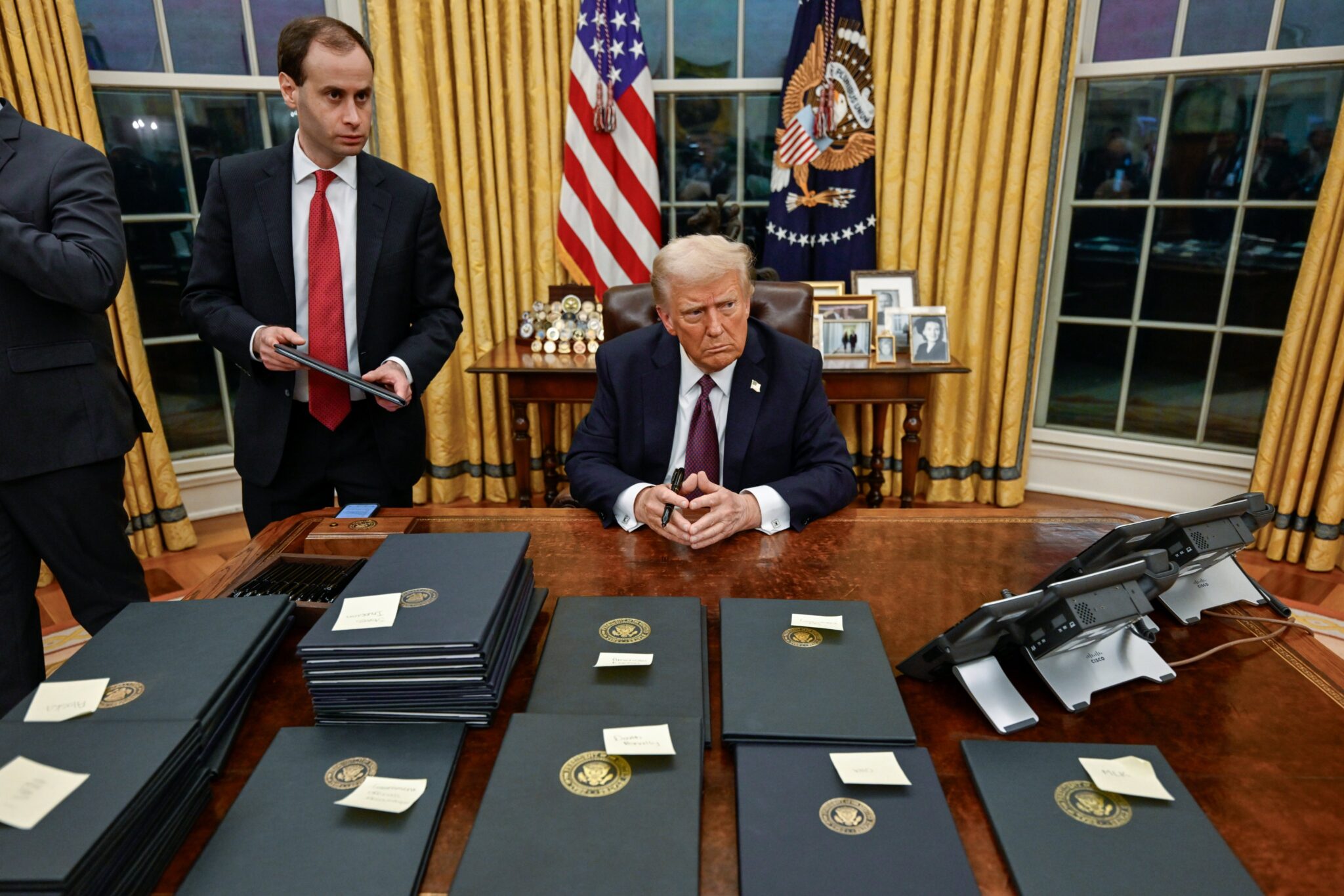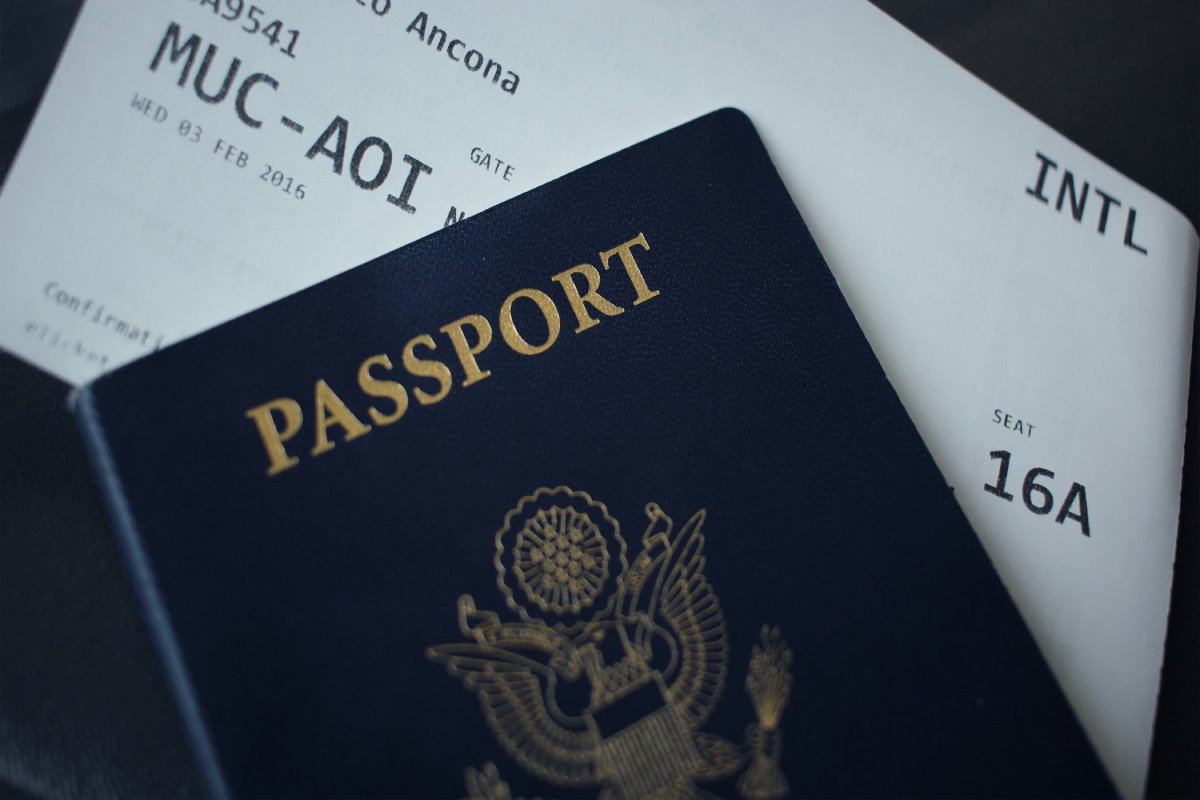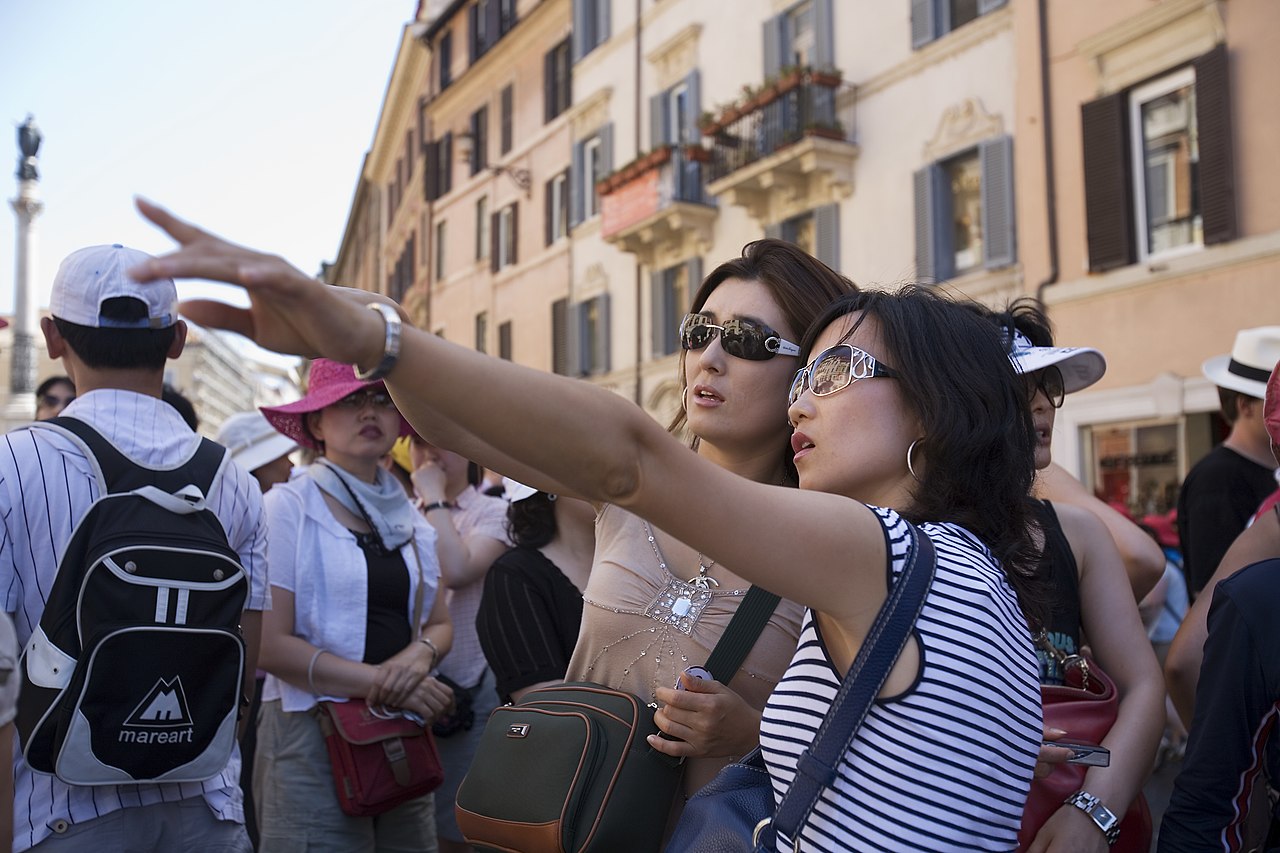What the China-U.S. Trade War Means for High-End Retail
Skift Take

Luxury Travel News
The Skift New Luxury column is our weekly column focused on the business of selling luxury travel, the people and companies creating and selling experiences, emerging trends, and the changing consumer habits around the sector.There are plenty of ways to measure tourism, and those with a vested interest in pushing up numbers often use the interconnected nature of the industry to other sectors to, shall we say, massage the overall numbers.
Even so it's pretty easy to spot when there's a link, even if it's not something typically categorized as tourism. That's certainly the case with the retail industry.
This week we're taking a closer look at what the current trade war between China and the United States might mean for luxury spending.
For feedback or news tips, reach out via email at [email protected] or tweet me @paddywhyte.
— Patrick Whyte, Europe Editor
7 Looks at Luxury
How a Drop in Chinese Tourism Will Hurt Luxury Retail in the U.S.: An expected drop in Chinese tourism to the United States won’t just impact hotels and restaurants. In fact retail may take the biggest hit.
Emirates Is First Major Airline to Launch Basic Business Class Fare: Emirates has fired the first salvo in the unbundling of business class fares. Now you can buy just the seat, with none of the other trimmings that travelers are used to with top-tier carriers. It’s a brilliant and pragmatic strategy, one that gives more choice to travelers. The tension will now be maintaining that great luxury brand halo and still letting the premium cabins do the marketing hard yards for the carrier.
New $100,000-a-Night Resort in the Philippines Faces Hurdles: It's good to see that the Philippines keeps cracking down on developments to ensure they are in line with environmental and easement issues, even those at the ultra-premium end of the spectrum. But that's not the only challenge Banwa faces.
How Travel Brands Are Getting Wellness Right: Given the macro shift toward wellness in culture, it shouldn't be surprising that travel brands, with their expansive reach, need to be innovating in this space as well. Some of the smartest brands here are trying thoughtful new strategies to improve guest comfort and boost well-being.
Best Western Doubles Down on Boutique Hotels: One could find Best Western's boutique hotel strategy confusing on price comparisons, but it’s the customer’s choice if they want to pay for the experience.
Greece Wants to Improve Its Standing Among Luxury Tourists: Given its glorious weather and sandy beaches, you'd assume that Greece was a beacon for high-end tourists but apparently not. A number of luxury hotel openings are starting to change this, however, and to cope the country will need to attract a new generation of tourism workers.
London’s Landmark Hotel Has a Holistic Approach for Chinese Tourists: Chinese outbound travel is booming, and the Landmark Hotel is right on point with its five-year strategy that caters to this guest segment.
Subscribe
Skift Europe Editor Patrick Whyte [[email protected]] curates the New Luxury newsletter. Skift emails the newsletter every Tuesday.
Sign up for Skift's New Luxury Newsletter




